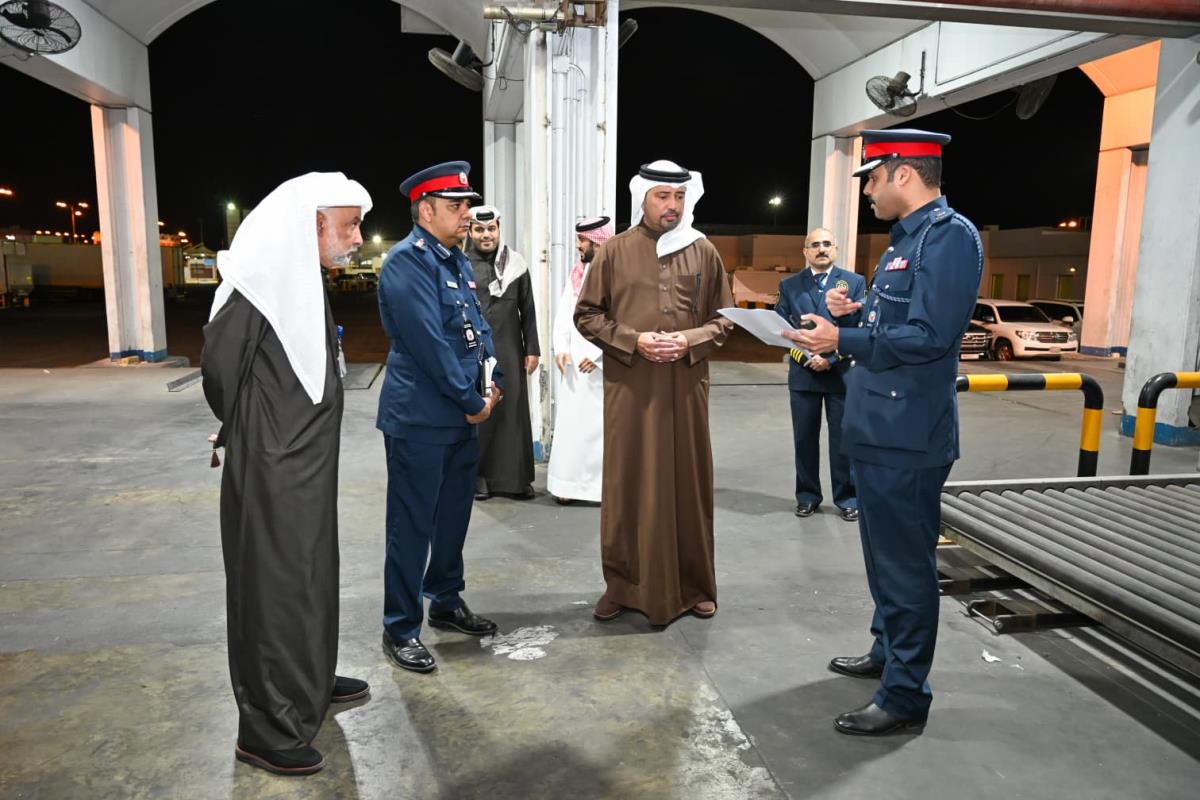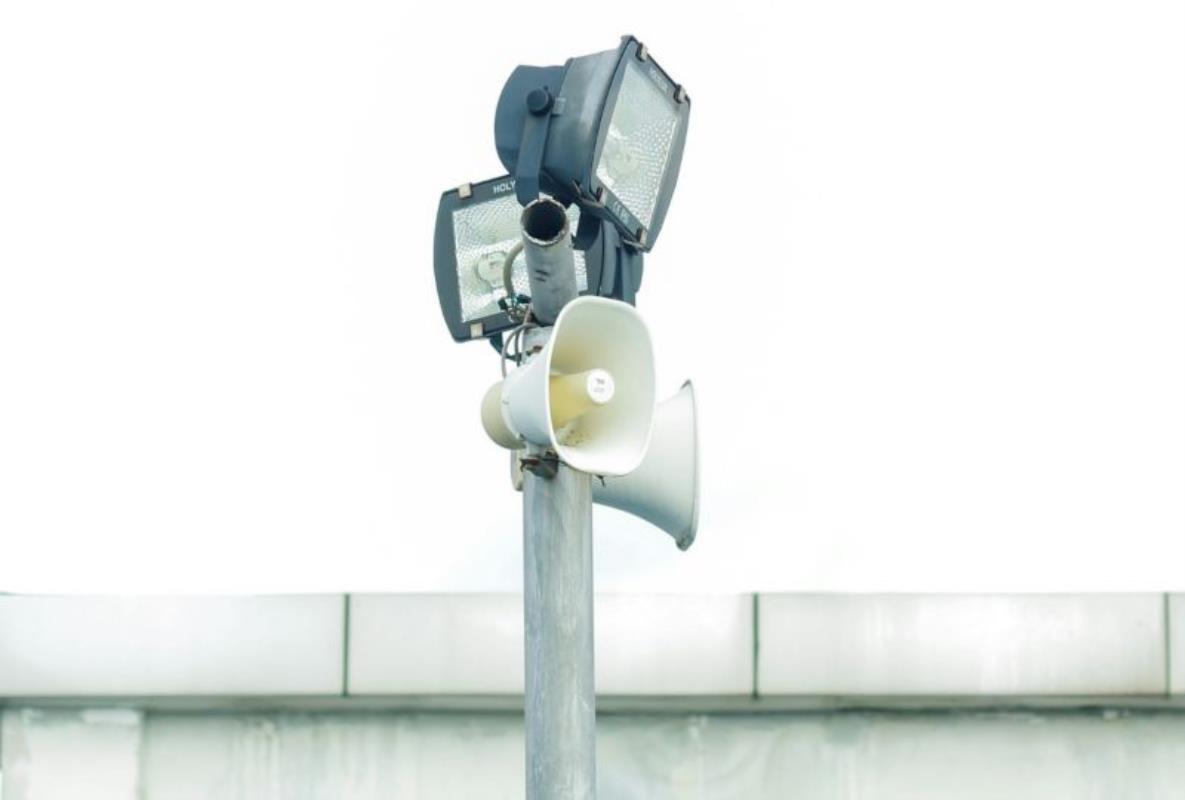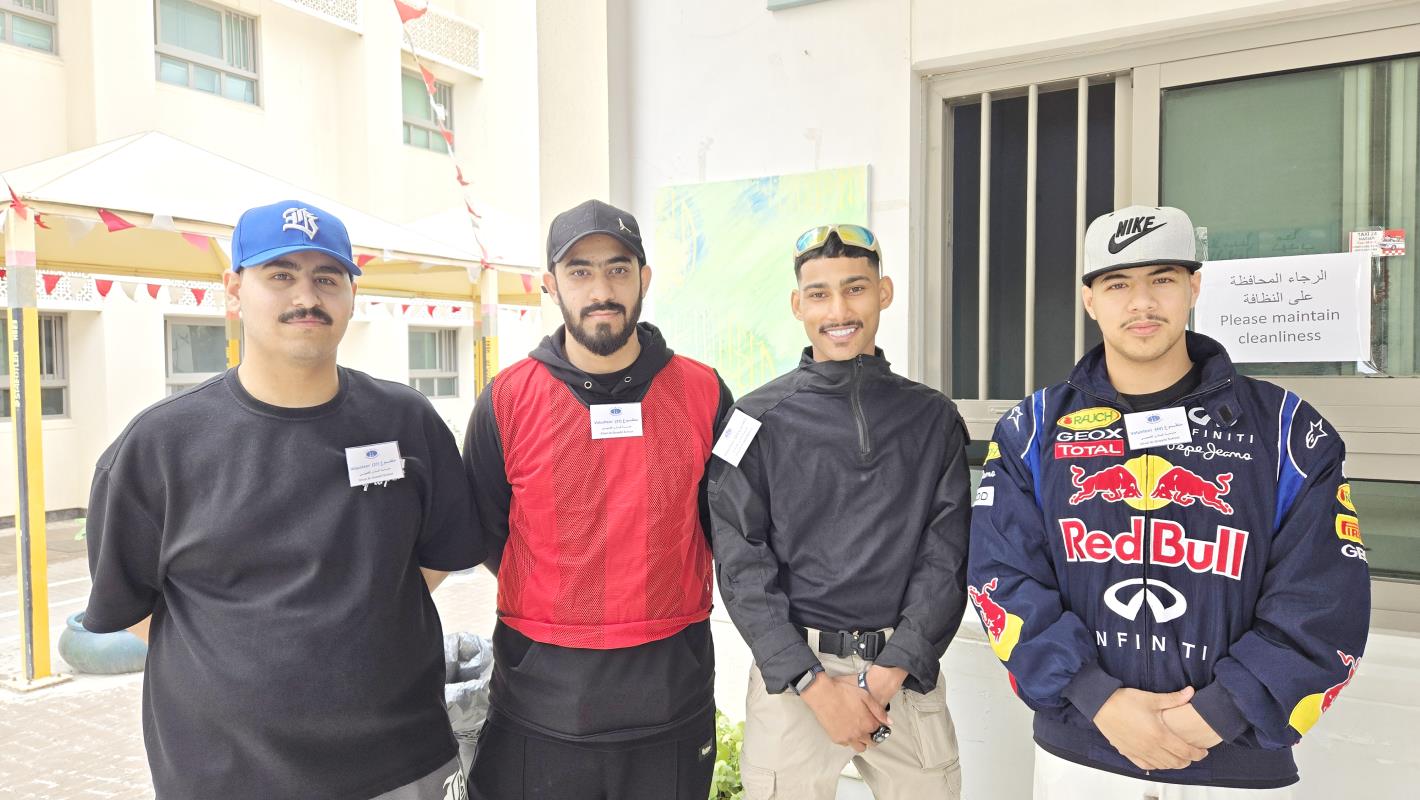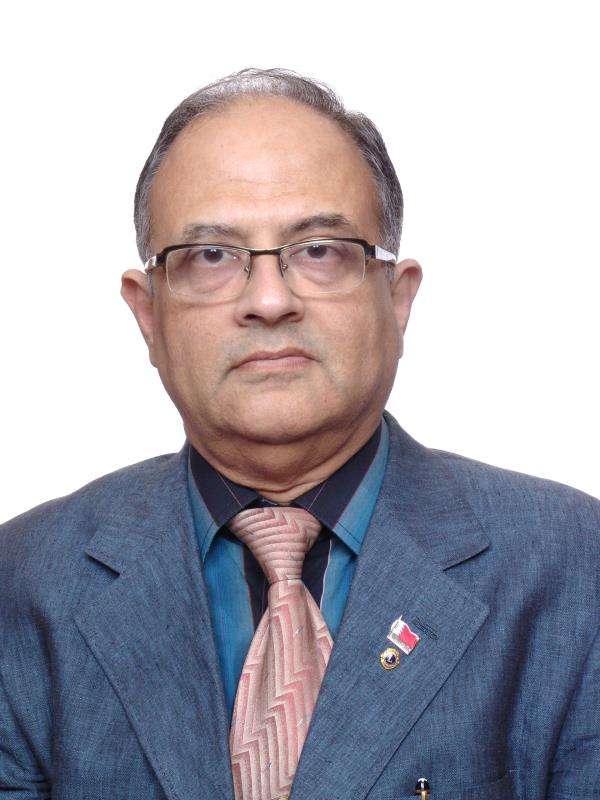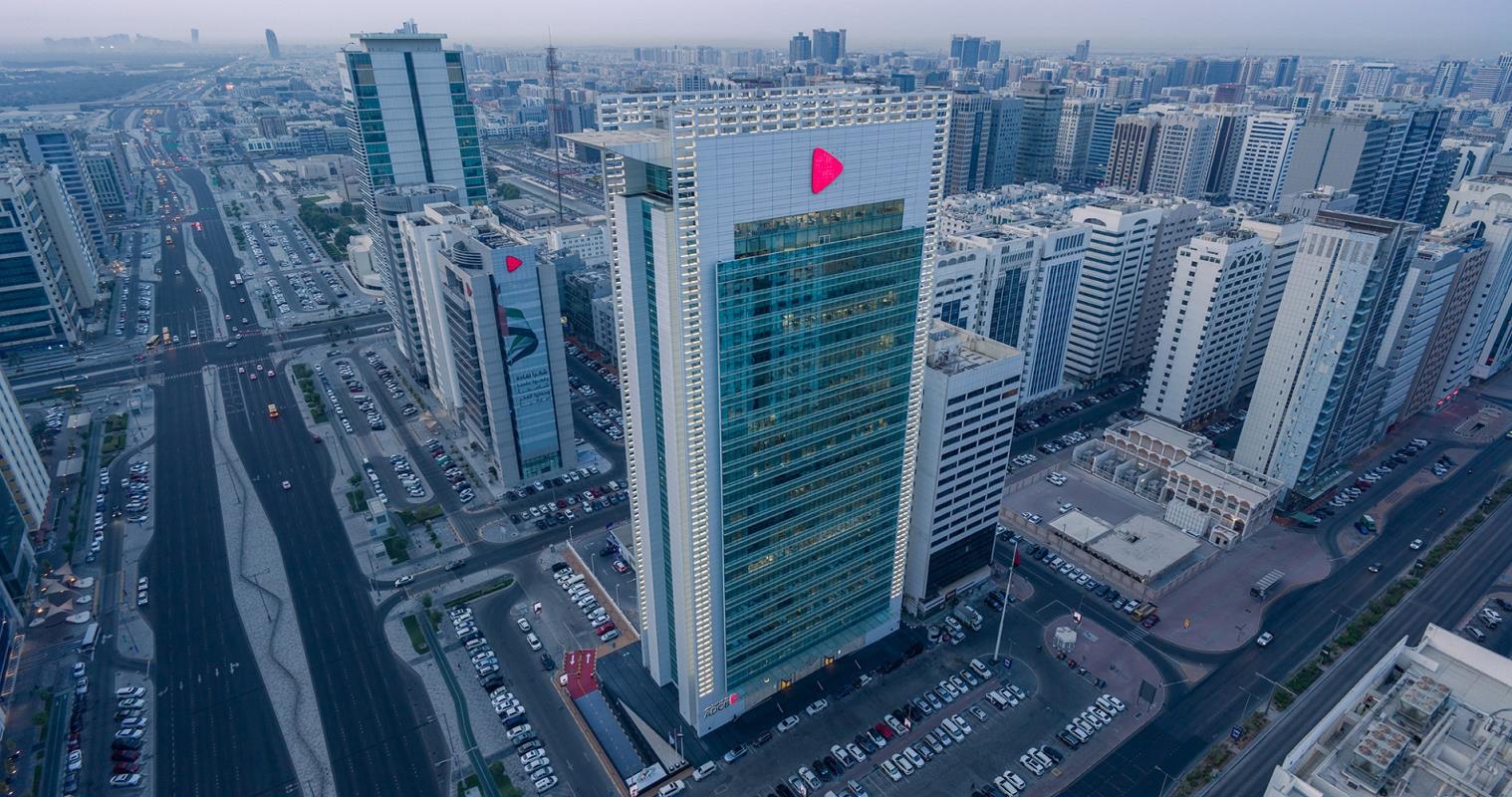
BAHRAIN is working towards reducing the rate of Covid-19 transmissions generated by each case, writes the GDN's Mohammed Al A'ali.
The basic reproduction number (R0) in Bahrain stands at 1.14pc in the last 14 days, which means a person with the virus infects one other on average.
Health Ministry Under-Secretary Dr Waleed Al Manea yesterday explained that the R0 in Bahrain was low compared to other countries, but work was underway to reduce it even further to below 1pc in order to ensure social and economic life returns to normal.
He was speaking at a Press briefing held online from the Crown Prince Centre for Training and Medical Research.
“We need to praise people’s commitment during this period as they have respected and implemented measures intended to combat the spread of Covid-19,” said Dr Al Manea.
“Yes, Bahrain is lower in the R0 compared to other countries in the world with us standing at 1.14pc after 14 consecutive days, meaning this is one to one transmission.
“However, this needs to be further lowered to under 1pc.
“This is a drop from 3.85pc in March to 3.26pc in early April to 0.43pc in late April, and now it is at 1.14pc.”
However, he warned that this along with an increase in the preventative measures taken by the government should not mean people become complacent.
“Face masks and social distancing need to continue,” he stressed.
“We can’t determine if the measures would be eased before or after Eid as we have to look at all the positives and negatives along with other factors that would indicate the next approach.”
Dr Al Manea also highlighted that Bahrain’s capacity in terms of isolation and quarantine facilities were more than sufficient.
“There are 2,573 isolation spaces of which 1,950 are being used and 2,474 quarantine facilities with 391 utilised,” he explained.
He also said there are plans to eventually have the private sector conduct tests for Covid-19.
“Partnership with the private sector for tests is on the way and would eventually happen under unified guidelines and preparations,” he added.
Dr Al Manea also addressed concerns from the community about the large number of expatriate workers testing positive for the coronavirus.
“We have diluted the number of expatriate workers in their accommodation in co-ordination with the Interior Ministry by providing other shelters and we have committed to higher testing and tracing,” he said.
“Those workers provide services for big companies and major projects and the procedures we have taken ensure they do not mix with others in public or at work and that they are being moved through secured transportation.”
Also present at the Press conference was National Task Force for Combating Coronavirus monitoring committee head Lieutenant Colonel Dr Manaf Al Qahtani, who said measures put in place also aimed to tackle any potential second wave.
He revealed that 57 frontline medics have been infected in the line of duty since the outbreak of the virus in Bahrain 11 weeks ago.
“We have a new intensive care unit in Sitra with 152 beds connected with ventilators under the supervision of 55 doctors and 250 nurses,”
“This is precautionary as the maximum admissions at our intensive care units at one point was 12, including the eight who died.
“A total of 1,500 people have also been trained on medical assistance, despite the country being ranked in the top three in medical testing and effective treatment.
“We have only had 57 infections among frontline medics over 11 weeks.
“A second wave is expected as Covid-19 is set to continue even when life returns to normal, knowing that the RNA has shown an antigenic shift.”
Salmaniya Medical Complex infectious and internal diseases consultant Dr Jameela Al Salman also said that an overwhelming majority of Bahrain’s active cases were asymptomatic.
“We are also upgrading protocols and methods, with plans to introduce Remdesivir in clinical trials in co-operation with the World Health Organisation,” she said.
“Stem cells could also be a possibility depending on testing, as we are currently working to introduce plasma treatment on 20 patients.”
She was speaking at the Press briefing alongside Industry, Commerce and Tourism Ministry commerce affairs under-secretary Eman Al Doseri.




















































